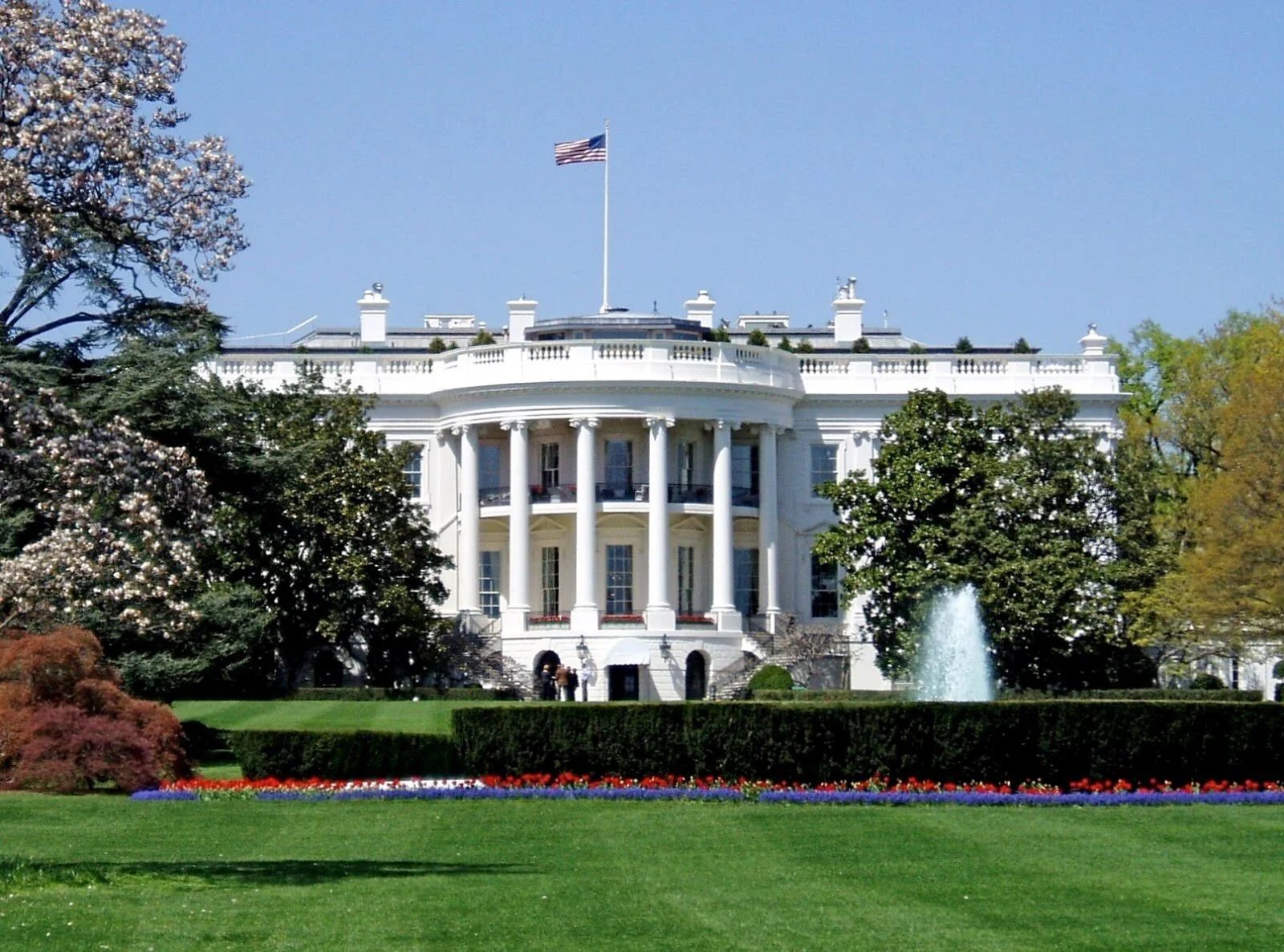The Story about KONTAKT and how it all started
A Presentation by Jeanne Jones, Founder of KONTAKT
In the late sixties it was recognized that something had to be offered to the young American soldiers stationed here in Germany.
The American President in office then, appointed a commission to develop “something” for the soldiers and young people. Traps such as demonstrations, drugs, etc. were to be avoided. To counteract this trend, effort’s had to be made to keep the young people in the main stream. This was not an easy task as far as the soldiers were concerned. There were many negative views on the part of the Americans and the Germans as well. The main common attitude was “we trust no one over 30, and we dont trust the democracy”.
KONTAKT began in 1969. A program was developed by the United States Army Europe and the Federal Ministry for Youth, Family, Women and Health to provide German and American young people a framework to start jointly their own self-governed free-time programming.
There were some restrictions as to what the KONTAKT groups could do. They had to concentrate on three areas
Recreation
Education
Charitable work
After a one-year three city pilot program, KONTAKT was officially sanctioned for support in October 1971. Heilbronn and Wuerzburg did very well from the beginning, Mannheim took a little longer.
It became necessary that the local military communities begin to support the KONTAKT program. In the beginning, the reactions varied greatly. On the German side, it took extremely long to convince the officials of the positive impact KONTAKT has. This, however, did not discourage the people from participating in activities.
Critical factors were for instance, the conditions in the military communities, leadership in the clubs, etc. As a result of this, it was decided to appoint a KONTAKT Coordinator for each group. This KC was a young soldier about 18 years of age. Later this changed and the coordinator was about 23 years old. He already brought some life
experience with him. Beginning of 1980, there were about 50% German and 50% American coordinators.
The KONTAKT Coordinators, military and German civilian employees identified interested individuals in the military community and the German community and organized the local club. These individuals were the link between the military and the club.
Training of the soldiers also became necessary. They had varied ideas and expectations. Some were motivated, others not.
In 1975 were 62 active KONTAKT groups which conducted more than 500 different activities during the year. These events were very popular with the Germans and the Americans.
Two main motivating factors to become interested in KONTAKT were and still are
Germans can improve their English
The soldiers have the opportunity to learn German and also meet girls
Negotiations with the Federal Ministry for Youth, Family and Health (BMJFG) resulted in granting approval for subsidizing leadership and management training seminars for KONTAKT in the future.
In 1975 the KONTAKT groups built their own federal agency known as the Federal Association of International KONTAKT Groups (B.I.K.) e.V. The agency has a board membership of up to thirteen people. They are all volunteers.
In recent years, many of the tasks such as ongoing leadership training, group development, coordination of district training seminars and other events, club visits, etc. are done by B.I.K. Its officers work very closely with the Office of the Chief of Public Affairs at USAREUR and also coordinate the annual USAREUR KONTAKT Awards Ceremony.
USAREUR and Seventh Army supports KONTAKT as detailed in USAREUR Regulation 360-90.
The KONTAKT members were, for the most part, between the ages of 18 and 27 years.
A special “Youth Program for KONTAKT” was established by the Federal Ministry and the subsidies supported the training seminars for many years.
In the late eighties and early nineties it became obvious; more families and older people became interested in KONTAKT. It was also recognized that better organizers could be found in this age group.
Many changes began in the early nineties after the Gulf war. Troop strength was reduced; many garrisons closed and with the personnel retrenchment, gradually all KONTAKT Coordinator positions were eliminated. Those clubs, where the military is still present, continue to be active. The program is carried out by volunteers only.
Many KONTAKT volunteer hours are registered in the military communities. The KONTAKT Club members support numerous activities in the military communities, including donations and support for deployed soldiers/ families, post beautification projects, youth activities, financial donations, blood drive support, etc.
Events
